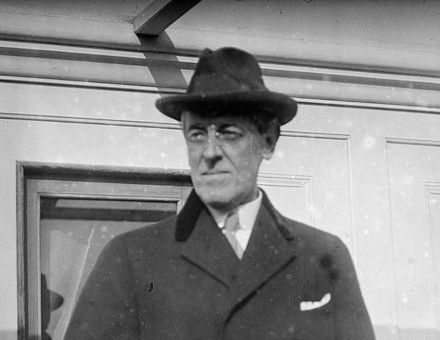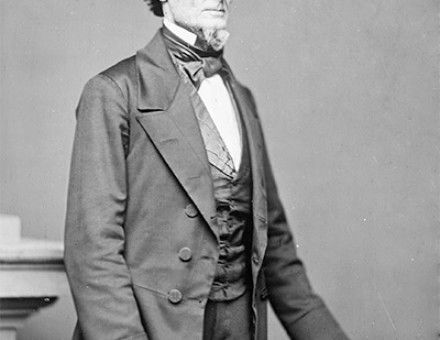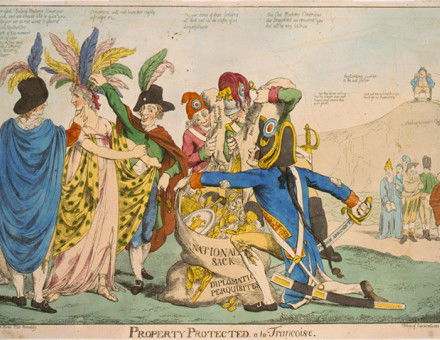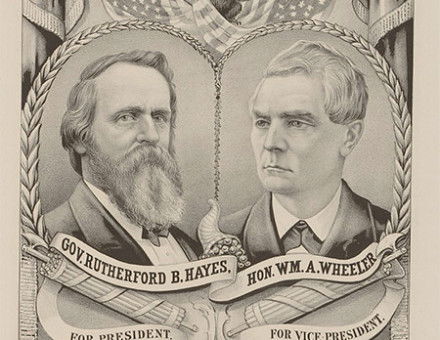Radical Jack: John George Lambton, First Earl of Durham
Proud, wayward, immensely rich, with romantic good looks and an explosive temper, John Lambton was one of those natural rebels who turn their rebellious energies to constructive purposes. Both at home and abroad, writes George Woodcock, he became a powerful exponent of the early nineteenth-century liberal spirit.






